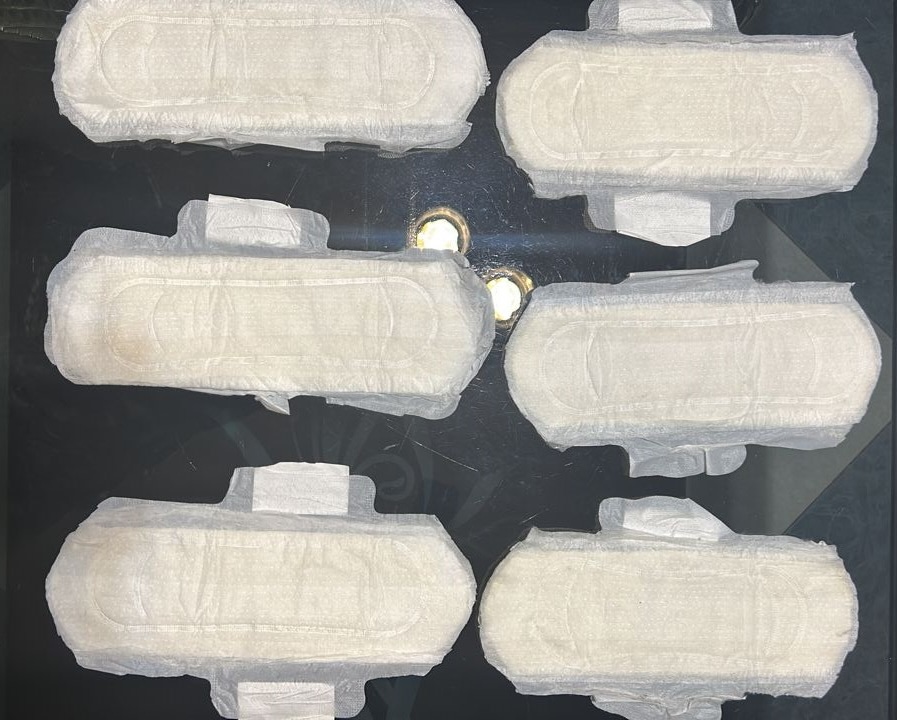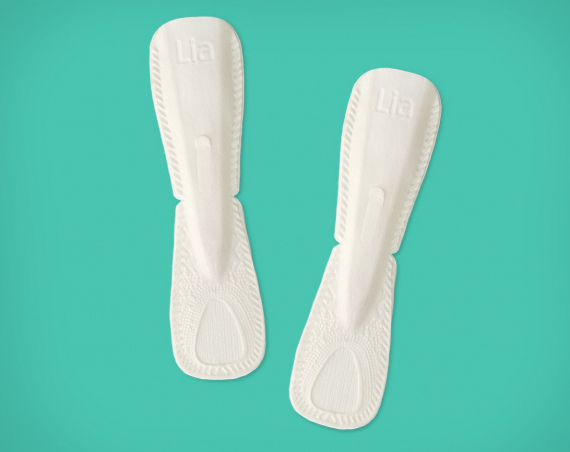
At the Prototypes for Humanity 2023 event in Dubai, a project from Ghana, named “Plad,” has been presented, attracting attention for its unique approach to menstrual hygiene. This project, developed by students from Kwame Nkrumah University of Science and Technology, utilizes plantain pseudo-stems to create sustainable sanitary pads.
The team behind Plad, consisting of Joshua Atta Alabi, Gabriella Selorm Gbekie, and Ebenezer Ayaaba, focuses on converting plantain pseudo-stems, an abundant agricultural byproduct in Ghana, into a material suitable for sanitary pads. This is in contrast to conventional sanitary pads, which typically use synthetic materials that are not biodegradable.
Plad’s approach addresses two primary concerns: environmental sustainability and the availability of hygienic menstrual products in underserved communities. By using plantain fibers, the project offers an alternative to traditional menstrual products that are both environmentally friendly and potentially more accessible to women in areas with limited resources.
The process developed by the team involves harvesting and treating the fibers from plantain pseudo-stems to make them suitable for use in menstrual hygiene products. This process ensures the pads are both absorbent and biodegradable. Additionally, the project has the potential to provide economic benefits to local farmers by creating a new use for what was previously considered waste.

The project aims to impact women’s health by providing a sustainable and affordable option for menstrual hygiene, particularly in areas where access to such products is limited. By using a readily available agricultural byproduct, Plad also contributes to environmental conservation efforts.
Plad has been recognized for its approach, receiving first place at the TEKCONFAB23 and third place at the BSUIII Academia-Industry Research and Innovation Conference. These awards highlight the project’s relevance in the areas of menstrual hygiene and environmental sustainability.
The team’s future goals include expanding the availability of their product and educating the public about menstrual hygiene and the importance of environmentally responsible practices. They aim to introduce Plad pads into the global market, emphasizing their role in sustainable and accessible feminine care.
As Prototypes for Humanity 2023 continues, Plad is presented as an example of how academic research can address real-world issues. The project illustrates the potential for innovative use of agricultural byproducts in creating products that are both environmentally sustainable and beneficial for public health.



